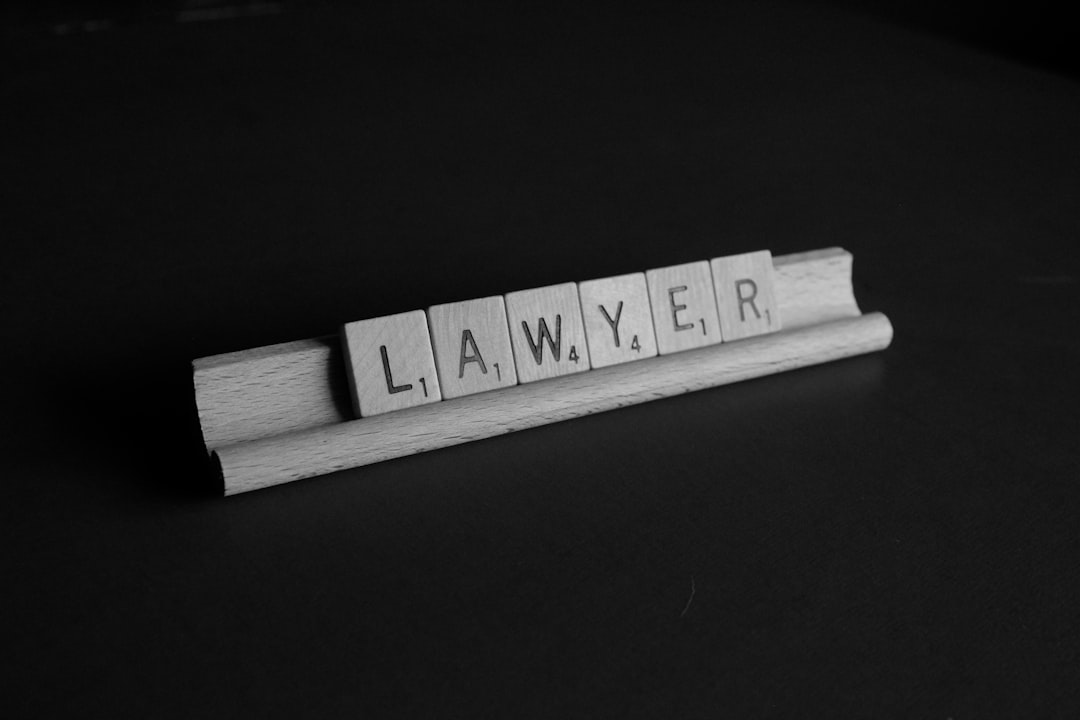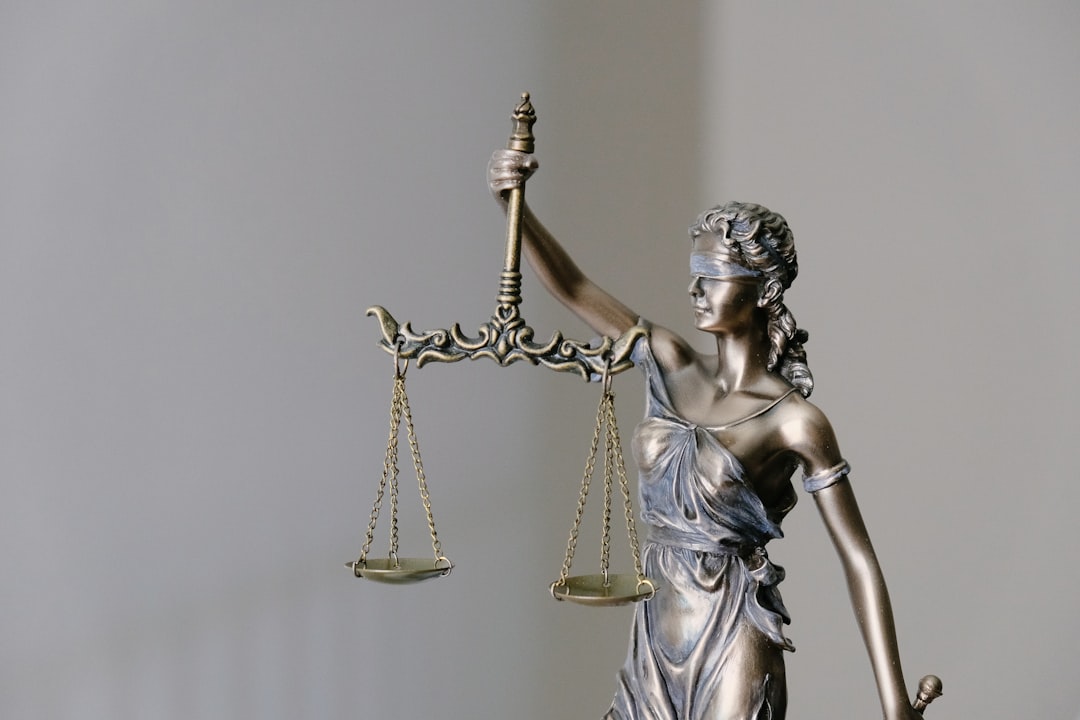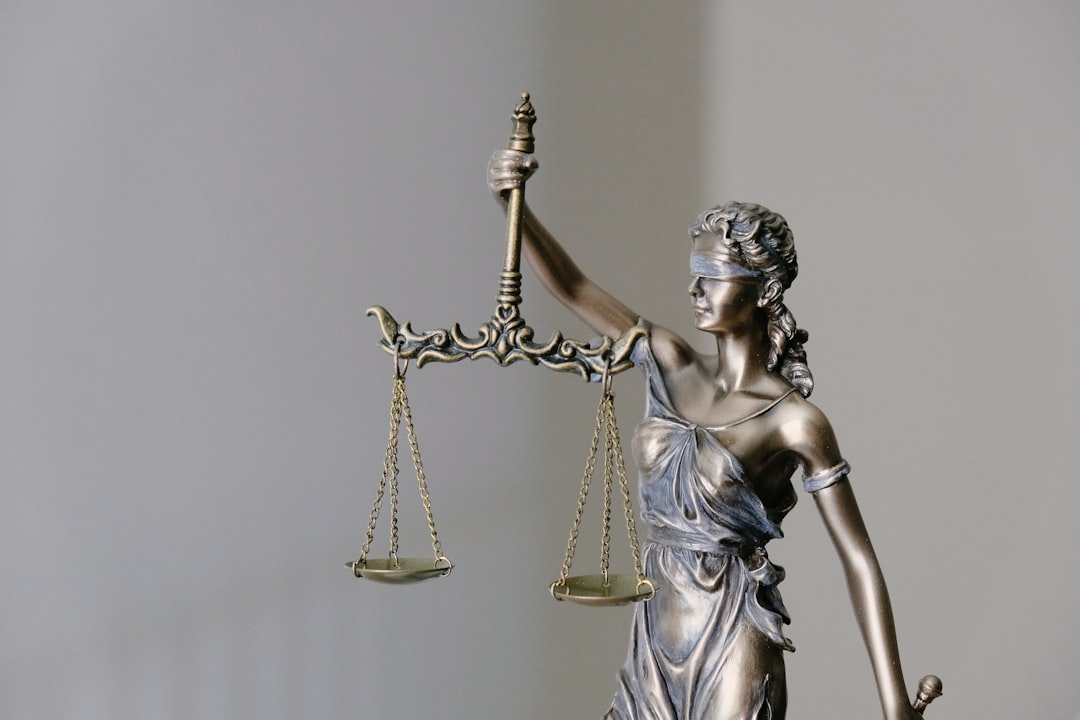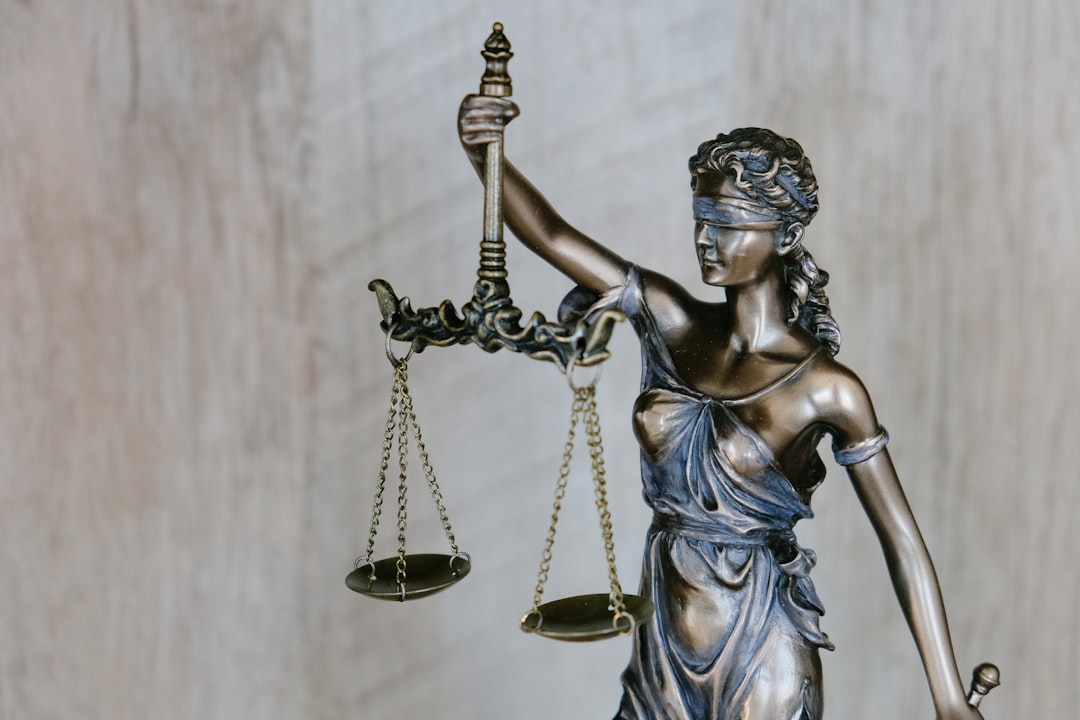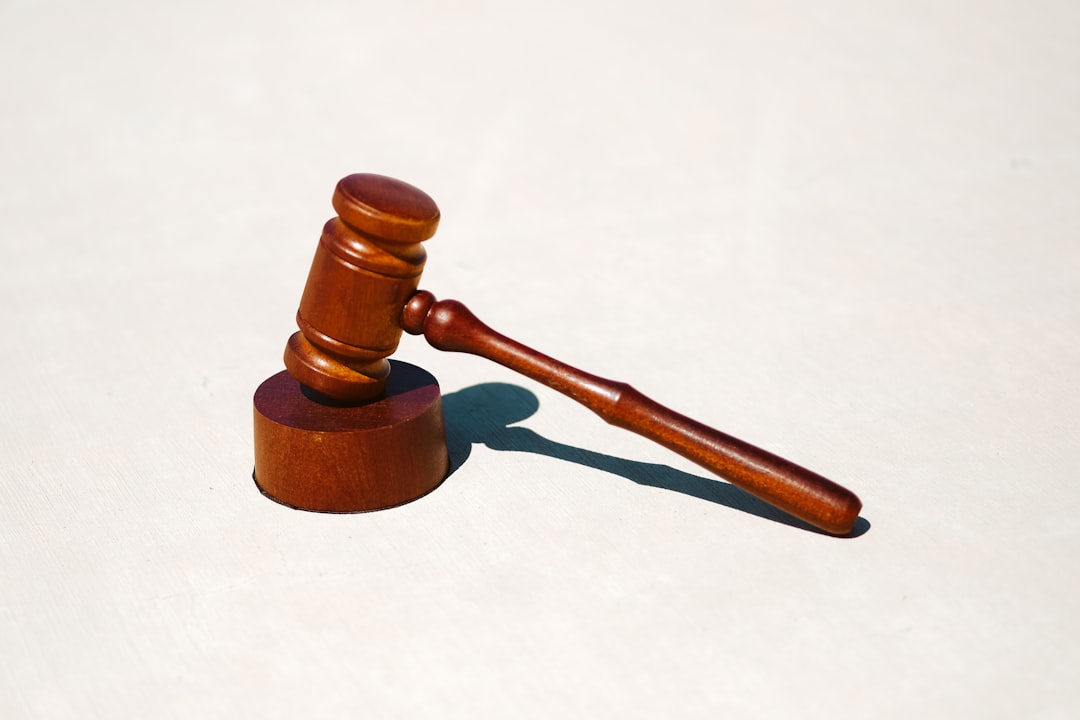In Los Angeles, understanding rape laws is vital for victims and accused. Consent and proof of non-consensual intercourse are key, established through physical evidence, medical records, eyewitness testimonies or verbal confessions. The prosecution bears the burden of proving these facts beyond a reasonable doubt. A reputable rape law firm Los Angeles CA helps navigate legal frameworks, ensuring fair trials with skilled investigation and corroboration of evidence for just outcomes.
In Los Angeles, understanding rape laws is paramount. Can a person be convicted solely based on testimony in the Golden State? This article explores the intricate dynamics of rape cases in LA, focusing on the weight given to testimony, the rights of accused individuals, and the crucial role of legal representation from a reputable rape law firm Los Angeles CA. Key insights into the criminal justice system shed light on navigating these complex legal issues.
Understanding Rape Laws in Los Angeles
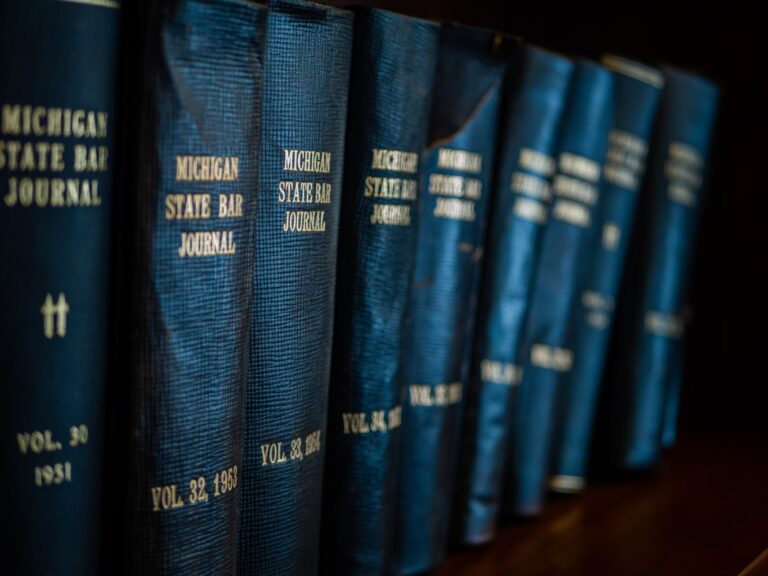
In Los Angeles, as in most jurisdictions, rape is a serious criminal offense with stringent legal definitions and penalties. Understanding the rape laws is crucial for both victims seeking justice and accused individuals mounting defenses. The key element in any rape case is typically proof of non-consensual sexual intercourse. This can include physical evidence, medical records, eyewitness testimonies, or verbal confessions. However, in many cases, prosecution relies heavily on victim statements, making it vital to consult a reputable rape law firm in Los Angeles CA for guidance and representation.
The laws regarding consent and what constitutes rape are explicit, focusing on the absence of clear consent. This means that if there’s no affirmative agreement or understanding between both parties, sexual activity can be legally classified as rape. The burden of proof rests with the prosecution to establish these facts beyond a reasonable doubt. This legal framework ensures victims have a path to justice and accuses receive fair trials, underscoring the importance of knowledgeable legal counsel in navigating Los Angeles’ rape laws.
The Role of Testimony in Criminal Cases

In criminal cases, particularly in the complex and sensitive area of sexual assault like rape, testimony plays a pivotal role. While physical evidence is often sought, eyewitness accounts and testimonies from victims and other witnesses are crucial components that can lead to convictions or acquittals. In Los Angeles, as in many jurisdictions, the burden of proof lies with the prosecution to establish guilt beyond a reasonable doubt. This means that the testimonies presented in court must be compelling and credible to sway the jury or judge towards a guilty verdict.
The reliance on testimony alone in rape cases is not uncommon, but it comes with its own set of challenges. The reliability of memories, potential biases, and the emotional nature of such trials can impact witness statements. A rape law firm in Los Angeles CA often emphasizes the importance of thorough investigations and corroborating evidence to strengthen or challenge testimonies. Skilled legal professionals are adept at scrutinizing these accounts, ensuring that justice is served fairly, and protecting the rights of both victims and accused individuals.
Challenges and Rights of Accused Individuals

In Los Angeles, as in many jurisdictions, cases relying solely on testimony face significant challenges. This is particularly true in rape cases, where accusers and defendants have equal rights under the law. Accused individuals have the right to legal counsel, ensuring they understand their options and protections. A rape law firm in Los Angeles CA can provide expertise in navigating these complex matters, ensuring the accused’s rights are upheld throughout the process.
The burden of proof lies with the prosecution, who must present compelling evidence beyond a reasonable doubt. Testimony alone might raise questions and doubts that could ultimately benefit the defense. Accused individuals have the right to cross-examine witnesses, challenge the accuser’s credibility, and present their own version of events. This process is crucial in ensuring a fair trial, where both sides have an opportunity to present their cases, leading to a more just outcome for all parties involved.
